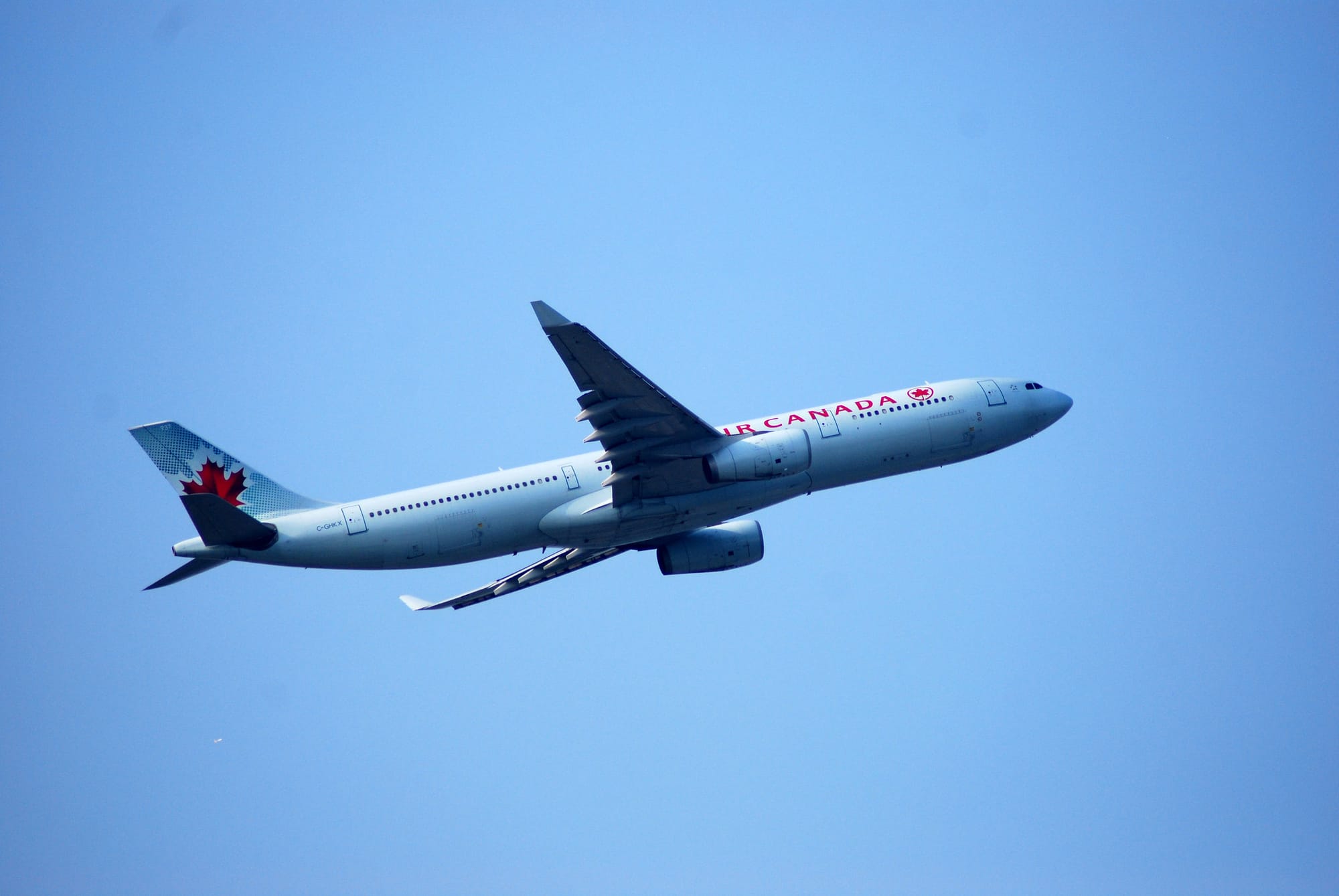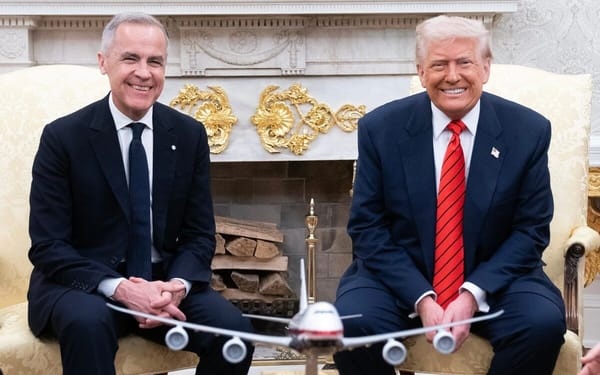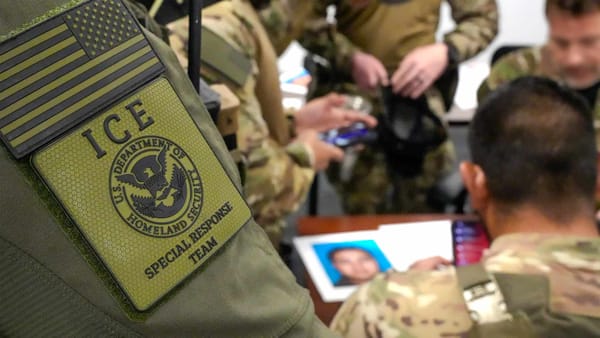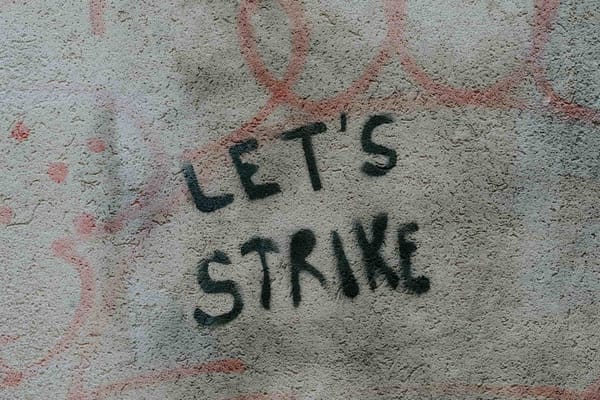
Flight attendants at Air Canada are now voting on a tentative agreement, after defying a government back-to work-order in a historic strike on August 16.
However, this is not a typical contract ratification.
Rather than considering a comprehensive package of proposals comprising a new collective agreement, Canadian Union of Public Employees (CUPE) members at Air Canada are voting only on the wage package. Terms and conditions of the agreement addressing pensions, benefits and other issues are effectively locked in, preventing members from weighing in on the entire settlement.
Should flight attendants vote against the proposed pay increase, wages will be decided through third-party arbitration, not by sending the bargaining team back to the negotiating table to hammer out a better deal with Air Canada.
In other words, the ratification process involves significant constraints, limiting union members’ ability to determine the conditions of their work.
In a world where working people have so few options for democratic input, limitations like these matter.
There are indications that segments of CUPE flight attendants at Air Canada are upset with the terms of the deal as well as the ratification process.
Flight attendants have registered mounting discontent through social media posts and in interviews with major media outlets. An online petition calling for fair wages at Air Canada, and motivated by the dissatisfaction with the deal under consideration, has gained more than 5,400 signatures.
There is now a real possibility that flight attendants could vote down the wage package.
The historic import of CUPE’s Air Canada strike initially overshadowed the terms of the settlement. This was understandable. With the federal government using s.107 of the Canada Labour Code six times in roughly a year to unfairly intervene in strikes, the significance of flight attendants defying the government’s order can’t be overstated. The union demonstrated that resistance to unjust government interference is possible, and may have set in motion the nullification of this section of the Code.
As the dust settled, however, it became clearer that the deal that ended the flight attendant’s strike was not all that members had hoped for.
While the proposed wage increases of between 16 and 20 per cent are appreciable, they both fail to make up for past losses and pale in comparison to the much larger increases secured by Air Canada pilots last year.
The union’s demand to end unpaid work is only partially fulfilled. The tentative agreement will see Air Canada pay for 60 to 70 minutes of ground work depending on the aircraft type, starting at 50 per cent of workers’ hourly rate and then increasing by 10, five, and five percentage points annually over the life of the contract, respectively.
With discontent growing among some sections of the membership, CUPE’s Air Canada bargaining committee issued a public statement clarifying the timeline and conclusion of the dispute with Air Canada as well as how the bargaining team views the terms of the settlement.
The statement details Air Canada’s unwillingness to meaningfully engage in bargaining throughout the negotiations, including in the days before the strike.
Directly addressing the decision to accept the limited ratification vote, the bargaining committee wrote: “Your Union did not make this decision lightly. We made an informed decision based on facts. We evaluated all risks, including where we were in the process, morale on the picket line, public engagement, and what could happen if we walked away. If we had walked away from the bargaining table, we would have faced the very real risk of being forced into binding arbitration, and the membership would have lost any right to vote on the contract.”
As the statement continued: “To be VERY clear, your Union was unwavering when faced with the possibility of any fines, jail time or CUPE National’s assets being frozen. We had the full backing of the CUPE National Union and were never pressured or influenced in any way in our decision-making. We hear that many of you feel that we were used as pawns in a ‘game’. That is simply not the case.”
This suggests that the union considered the window of opportunity to be limited as it faced the prospect of substantial punishments on the horizon.
The statement also clarifies how the government’s s.107 order continued to shape the settlement, even after the union ‘illegally’ struck. Because the back-to-work order was never withdrawn as a condition of ending the strike, threats of eventual fines and the possible imprisonment of union leaders remained if strike action resumed.
The fact that flight attendants are barred from returning to the picket lines therefore underlines the continued influence of the government’s back-to-work order, despite CUPE’s heroic defiance.
Acknowledging members’ anger, the bargaining committee’s statement continues: “We feel the frustration. We have lived and breathed this for years in our preparations and beyond. We are your peers and know how much this matters to you. We understand morale with this Employer is at an all-time low. At this crucial juncture, we must stick together.”
CUPE’s airline component also released a statement addressing concerns raised by members that Air Canada was punishing some workers who engaged in the walk out. These measures include withholding pay for members stranded in locations away from their home airports during the strike and demanding sick notes after the fact from members with five or more absences. According to the statement, the union attempted to strike a “ramp up/ramp down agreement” with Air Canada ahead of the strike, but the airline refused.
For now, we will have to wait until September 6 to find out whether Air Canada flight attendants will accept the wage offer. While a ‘no’ vote typically carries risks, that may be less the case here. Ironically, the union having locked in other portions of the agreement makes sending the wage question to arbitration less risky. An arbitrator is unlikely to impose a wage settlement below what Air Canada has already agreed to.
However the vote goes, flight attendants clearly recognize that the fight for fair pay and working conditions in the airline industry is far from over. The union’s messaging reflects this as well.
CUPE’s airline component, for example, now acknowledges that the fight over unpaid work in particular will continue. “About Unpaid Work, and where we go from here, this fight is NOT over! We will continue our lobbying efforts through labour, government ministries, and the public. The fight for fairness is not over,” the union said in a public statement.
In 2015, Air Canada bought a decade of labour peace at a discount. Following years of financial instability and disputes with workers, the airline extracted concessions from unions with the promise that the belt tightening would be temporary.
Entering this bargaining round, flight attendants clearly felt it was time for Air Canada to pay up. As it stands, that repayment is only partial.
Should flight attendants vote down the current wage offer, it will be one more indication of workers’ frustration and willingness to continue the fight.
Recent Class Struggle Issues
- August 25 | Air Canada Flight Attendants Have Made Labour History
- August 18 | Chrétien-Era Austerity Levels May Soon Return Under Carney
- August 11 | The Sky Is The Limit For Airline Workers’ Labour Militancy
- August 5 | Labour Mishandled The Government’s Bill C-5 Power Grab







